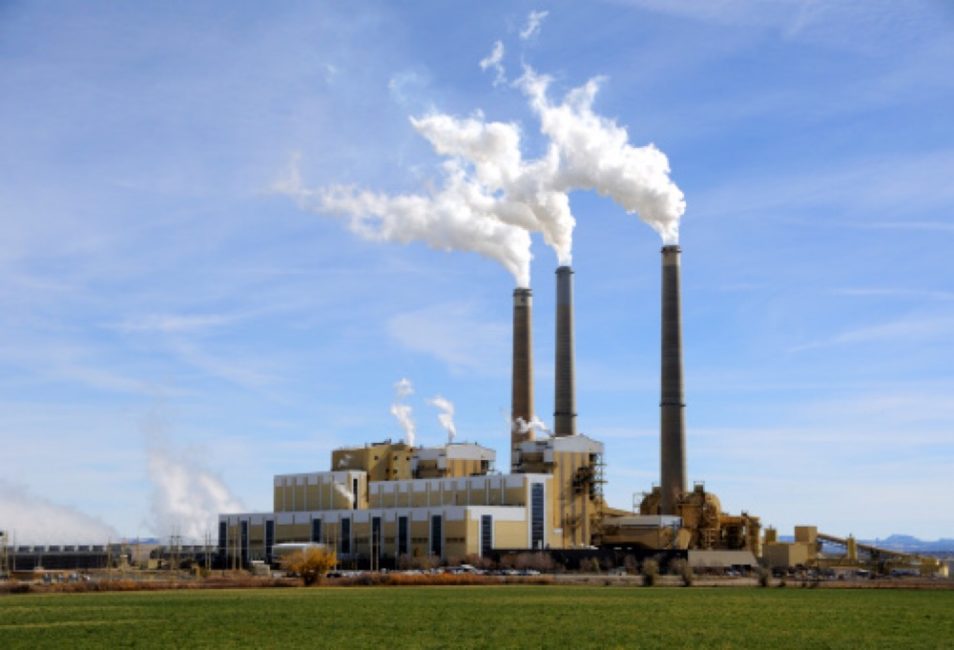Ukraine-Russian War: Energy Crisis Worsens As Austria Joins Germany In Coal Adoption For Power Generation
…Coal Adoption May Affect Energy Transitioning Negotiation In November
The energy crisis in Europe worsened on Monday as the government of Austria agreed with utility Verbund to convert a reserve, gas-fired power plant so that it can produce electricity with coal.
Advertisement
The move is being planned should restricted gas supplies from Russia result in an energy emergency.
Austria gets 80 per cent of its gas from Russia and since the war in Ukraine started, it has been scrambling to find alternative suppliers.
Russian gas flows to Europe fell short of demand last Friday, coinciding with an early heatwave gripping its south and boosting benchmark prices already lifted by concerns the continent may struggle to build up storage in time for winter.
Russia is the third-largest oil producer behind the United States and Saudi Arabia. But Russia is the largest oil and products exporter in the world, and Europe depends on the nation for supplies.
Advertisement
The European Union’s reliance on Russian gas and the risk that Moscow could cut supplies in retaliation for economic sanctions imposed after its invasion of Ukraine has been a headache for the bloc, prompting it to build up inventories and seek alternative supplies.
The decision, taken by a “small crisis cabinet” led by Chancellor Karl Nehammer, came after neighbouring Germany announced steps to address reduced Russian gas deliveries including increased reliance on coal-fired power plants.
Nehammer’s office said that majority state-owned utility Verbund had agreed to convert the Mellach power plant in the southern Styria region, which has been shut down but kept on stand-by, for renewed use of coal.
It was Austria’s last coal-fired power plant before being converted into a gas-fired plant for use when needed.
“The federal government and the energy group VERBUND have agreed to convert the Mellach (Styria) district heating power plant, which is currently shut down, so that in an emergency it can once again produce electricity from coal (not gas),” Nehammer’s office said in a statement.
Advertisement
The statement added that the government was examining further legal measures to diversify gas supplies with the aim of reducing dependence on Russian supplies.
With Austria joining the coal fired plant wagon, there are fears that the negotiations at COP 27 in November this year will take a different dimension.
Investors sentiment in investing in fossil fuel had gone down, but the Russian Ukraine war triggered a fresh scramble for gas to feed Europe which seeks to cut dependence on Russian gas
During the COP 26 summit in Glasgow last year, President Muhammadu Buhari had pledged that Nigeria would cut its carbon emissions and reach net-zero by 2060, underlining the key role of gas in the country’s energy transition roadmap.
While nations such as the United Kingdom, the United States, and the European Union have set targets to achieve net-zero by 2050, Nigeria has opted to join Saudi Arabia and Russia in vowing to reach net-zero by 2060.
This target is lagging 10 years behind the recommended deadline, which the UN along with many climate scientists would like to achieve to stop global warming
Advertisement
Nigeria is pursuing energy transition in order to promote economic growth and is gradually investing in renewable energies, primarily solar so as to reduce carbon emissions whilst continuing to exploit hydrocarbon resources, especially natural gas which is the energy transition fuel for Nigeria.
But with the current energy crisis which has made some European countries to embrace coal for.ppwer generation, experts are of the view that natural gas will now become totally green and will be able to attract more investments.
Nigeria is pursuing energy transition in order to promote economic growth and is gradually investing in gas so as to reduce carbon emissions whilst continuing to exploit hydrocarbon resources.
Currently, natural gas is the energy transition fuel for Nigeria and the government is seeking investments to be able to deliver this energy in the most sustainable.
Africa has natural gas reserves of over 620 trillion cubic feet as of 2021, as most countries including Nigeria have chosen gas as a transition fuel.
Nigeria has the largest natural gas deposit in the continent with over 200 trillion cubic feet.
ENDS



